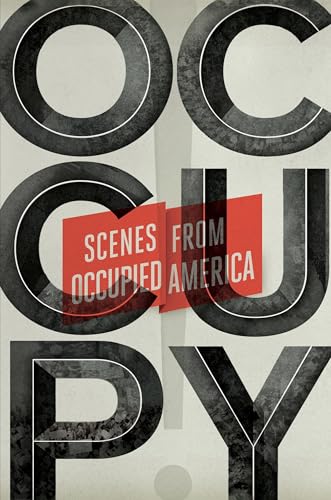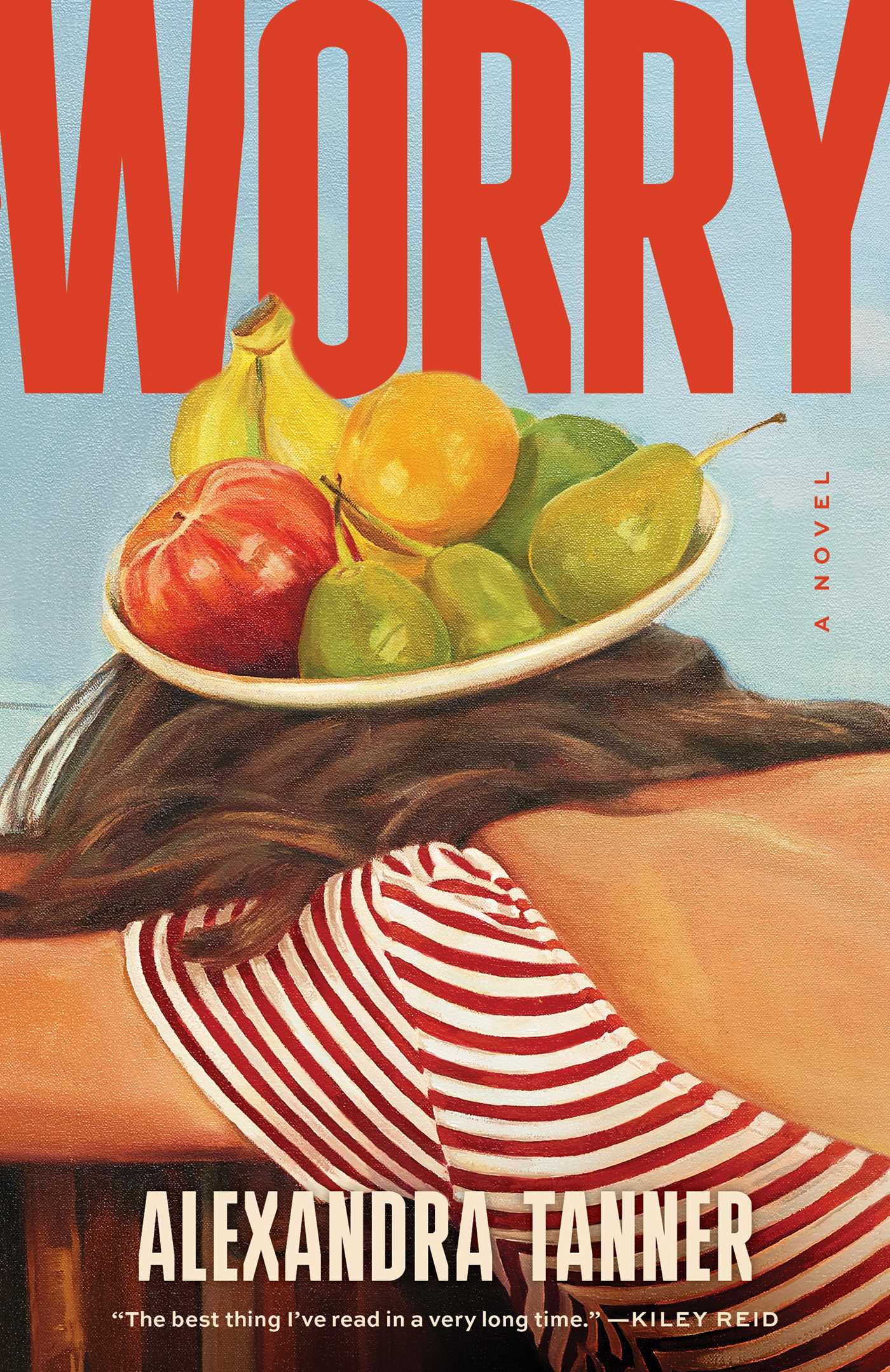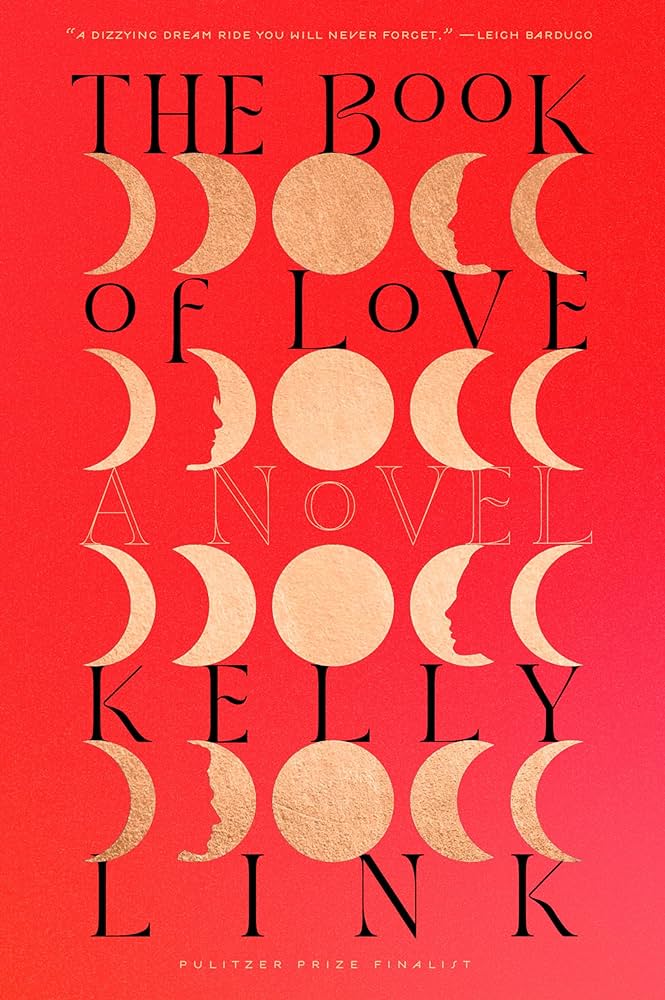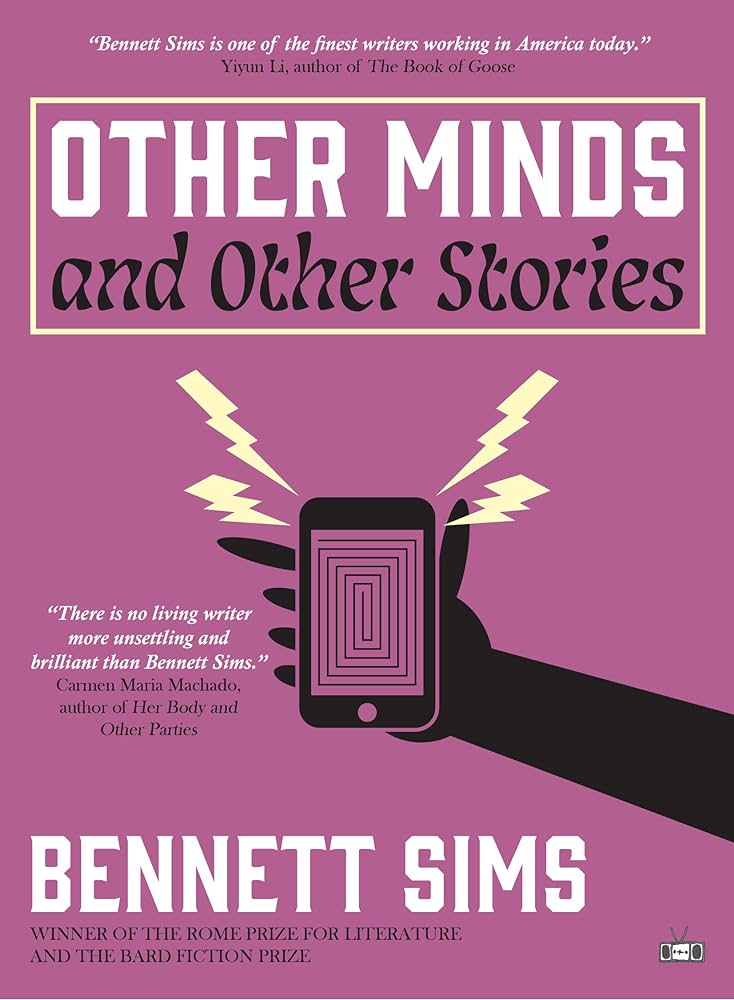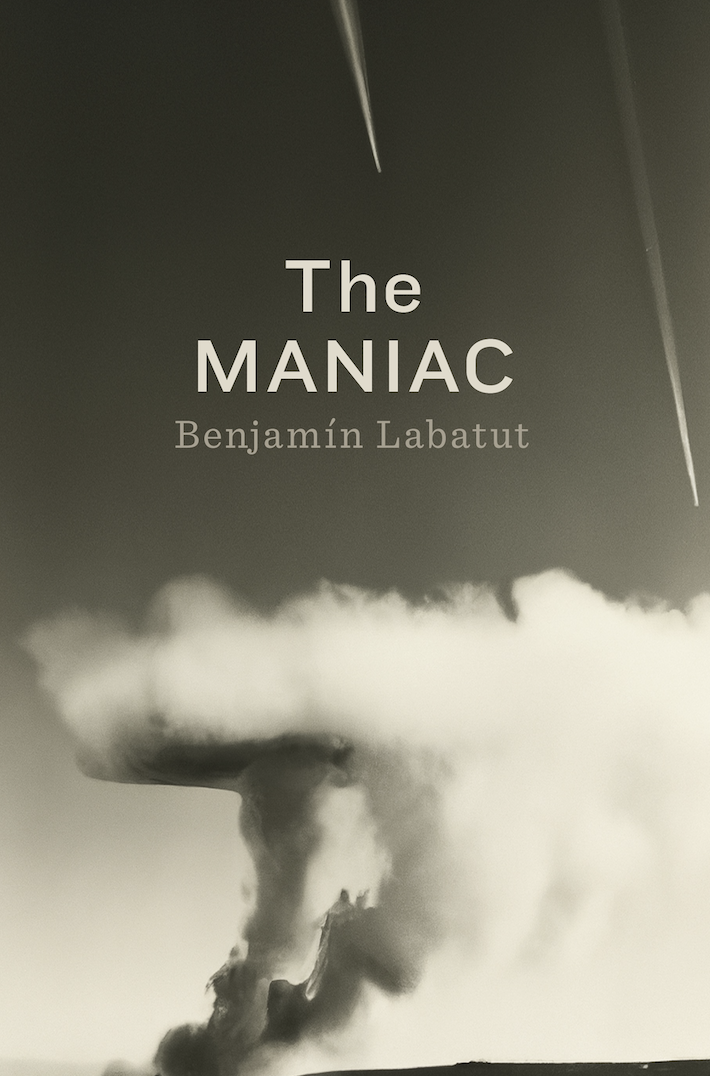1991 may be known as the year punk broke but 2013 may soon become the year of its canonization. The phrase “the year punk broke” was coined by filmmaker David Markey after watching Motley Crüe cover the Sex Pistols on television in a jetlag malaise with members of Sonic Youth, whose concert video he was then shooting. It quickly became an inside joke—he says, “They kind of snickered, and from there we all started saying it to each other,”—and was later immortalized as the tour video’s title. If the notion of punk breaking was laughable then, its current cultural cachet would have been unthinkable. But fast-forward twenty years and punk is in vogue. However, it’s also no surprise that the current fêteing has lost touch with punk’s confrontational roots, its urgency and exigency—the capstone being the punk show at the Met, currently exhibiting facsimiles of CBGB’s bathroom walls.
 The antidote? One comes in the form of the latest chapbook, Punk, from Sarah McCarry’s Guillotine press. Punk skewers this kind of nostalgic teleology, among other things, in the dialogue between lifelong lady punks, Mimi Thi Nguyen and Golnar Nikpour. Nguyen has been making zines like Slander and Race Riot since 1991 and has written a great deal about punk along the way; Nikpour grew up in New York by way of Tehran and was a co-coordinator of seminal punk fanzine Maximum Rocknroll, which she still contributes to intermittently. Their final note is a good starting point for the conversation, as Nguyen defines punk as “a plural, rather than a coherent, series of forms or formations, that can and should resist institutionalization,” and that “attempts to describe punk are always partial because punk is—”
The antidote? One comes in the form of the latest chapbook, Punk, from Sarah McCarry’s Guillotine press. Punk skewers this kind of nostalgic teleology, among other things, in the dialogue between lifelong lady punks, Mimi Thi Nguyen and Golnar Nikpour. Nguyen has been making zines like Slander and Race Riot since 1991 and has written a great deal about punk along the way; Nikpour grew up in New York by way of Tehran and was a co-coordinator of seminal punk fanzine Maximum Rocknroll, which she still contributes to intermittently. Their final note is a good starting point for the conversation, as Nguyen defines punk as “a plural, rather than a coherent, series of forms or formations, that can and should resist institutionalization,” and that “attempts to describe punk are always partial because punk is—”
And so the chapbook ends, leaping into whitespace that refuses to propose a stable definition of punk. This end hews firmly to their belief that punk consists of a multiplicity of local scenes; the text’s conversational form embraces Nguyen’s and Nikpour’s differences in experience and perspective. Both write of how they became invested in punk’s strains of feminism, gender deviancy, and radical politics. They concur that punk by its own definition exists as a constellation of scenes united by a rather elastic set of punk ethics, and that history cannot be reduced. Which isn’t to say that this doesn’t happen, but that what matters within punk history extends far beyond the traditional celebrated history of punk spawned in the UK and New York City, of the Sex Pistols and Sid and Nancy, of Vivienne Westwood and Malcolm McLaren.
To this end, Nguyen also ties in Roderick Ferguson’s writing on the cultural appropriation of minority movements, what he calls “the will of institutionality.” She states, “I am suspicious of the incorporation of a punk canon, managed then by punk experts. What will be determined worth remembering? Only the most useful forms of punk, and useful to what purpose? And what else falls away?”
If anything, Punk, and the entire Guillotine chapbook series, adheres to this essential punk ethic that Nguyen and Nikpour identify with and promote. For one, it’s a DIY endeavor and McCarry designs, letterpresses, and sews the chapbooks herself—a practice more common within poetry circles. The series is dedicated to publishing “revolutionary nonfiction,” front-loaded with incendiary political material that’s also quite timely and often couched within a personal narrative. McCarry spoke of her grounding in “revolutionary nonfiction” in a conversation with Chris Higgs: “To me it means work that feels necessary or challenging, that is demanding the world be remade in a better way…. I’m very invested in supporting work that’s explicitly queer, feminist, anti-racist, anti-colonial. Punks and weirdos, setting shit on fire and rioting in the streets, all that good stuff.”
Personal encounters with these chapbooks are like an assault with daggers: brief, cutting, and confrontational. I mean this in the best of ways. The first chapbook, Violence, features a conversation with Vanessa Veselka and Lydia Yuknavitch that’s partially available online via the Believer. Veselka and Yuknavitch’s conversation is heated. They discuss the ways they’ve resisted cautionary advice to make their narratives more palatable and feminine, advice to integrate redemption and make their women less violent. This resistance is essentially punk, too.
Kate Zambreno’s Toilet Bowl, chapbook #3, riffs on violence too, and toxicity, and feminine rage as a form of resistance. She asks: “Is toxicity the accumulation of rage, or the inability to exhume it?” And Bojan Louis’s Troubleshooting Silence in Arizona speaks of the repression of minority voices through Arizona’s bill HB2281, that bans a maddeningly long list of books by authors like Junot Diaz and Sandra Cisneros, whose books purportedly “promoted resentment toward any race or class” and “advocated ethnic solidarity.”
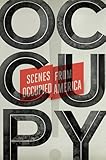 “I write as a way to scream, ” Zambreno writes. Screaming is in opposition to swallowing the rage, to resist social toxicity so that it doesn’t consume her. These chapbooks give a voice to the rage, to cacophonous voices that the mainstream would rather quell, the incisive, impertinent, the desire for change. Veselka and Yuknavitch pit hope against desire, and it’s no contest. The active urgency of desire wins. This resonates with an activist punk ethics, and also with the end of Slavoj Zizek’s speech in Zuccotti Park, printed in Occupy!: Scenes from Occupied America. Zizek urges, “We know that people often desire something but do not really want it. Don’t be afraid to want what you desire.” Don’t be afraid to want what you desire” seems to be a good slogan for this revolutionary nonfiction. Imagine these chapbooks as samizdat. Imagine a lending library filled with urgent, incisive voices. Imagine these chapbooks as punk entities, DIY and beautifully crafted, offering up original and angry voices, voices of cultural resistance, a plurality.
“I write as a way to scream, ” Zambreno writes. Screaming is in opposition to swallowing the rage, to resist social toxicity so that it doesn’t consume her. These chapbooks give a voice to the rage, to cacophonous voices that the mainstream would rather quell, the incisive, impertinent, the desire for change. Veselka and Yuknavitch pit hope against desire, and it’s no contest. The active urgency of desire wins. This resonates with an activist punk ethics, and also with the end of Slavoj Zizek’s speech in Zuccotti Park, printed in Occupy!: Scenes from Occupied America. Zizek urges, “We know that people often desire something but do not really want it. Don’t be afraid to want what you desire.” Don’t be afraid to want what you desire” seems to be a good slogan for this revolutionary nonfiction. Imagine these chapbooks as samizdat. Imagine a lending library filled with urgent, incisive voices. Imagine these chapbooks as punk entities, DIY and beautifully crafted, offering up original and angry voices, voices of cultural resistance, a plurality.
